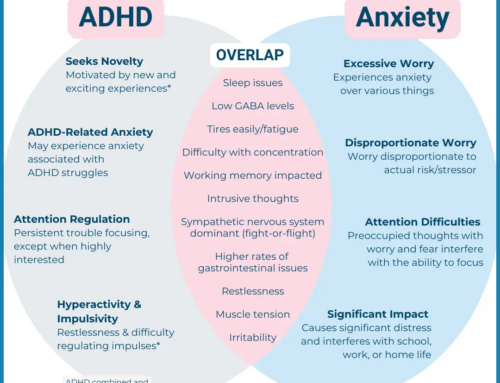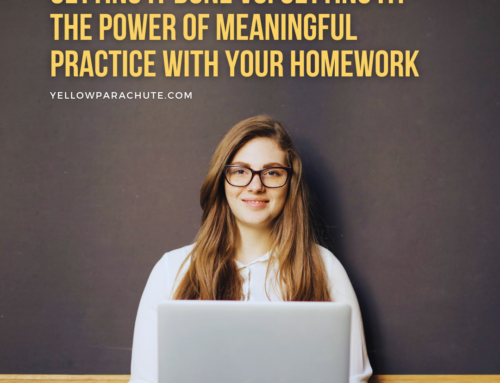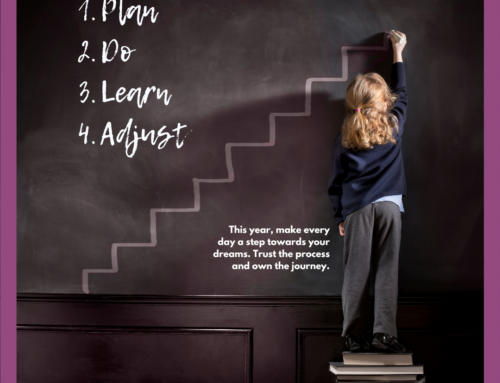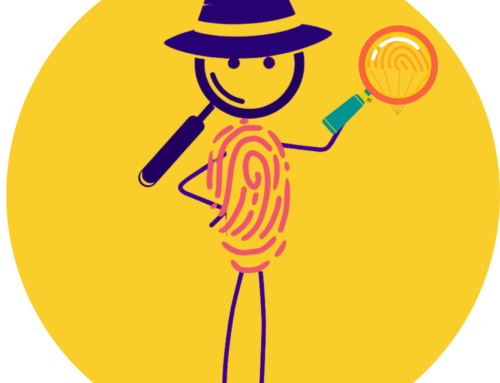🥰 Know what I love MOST about this summer?!?!?
Besides warmth, I heart the endless drip of high school kids in and out of our house. Before you think I’m “that amazing, relaxed mom,” let me assure you, it’s totally stressful. Ask my kids. 🤪
The basement is always a mess, and the kitchen is messier. (Think peanut-butter-covered-spoons in the sink and dried pizza sauce on the counter. Stacks of crusty dishes that didn’t quite make it into the dishwasher are staring at me as I type).
Our workout room smells like a hockey locker room, and to get to the treadmill I step across plastic water bottles tossed on the floor. Ok, it’s getting a little bit better…slowly.
BUT! I will take peanut buttery spoons, crusty counters, a smelly weight room, and a sea of water bottles. Why?
Because get to talk to my boys’ friends about how they are doing – like, how they are really doing. I get to hear the ins and outs of their summers and – now – how they feel about heading back to school.
The kids have gotten to know me as “the lady who talks to them about stuff.” At our house, believe it or not, almost EVERY conversation includes talk about 🧠 ADHD, Executive Function Skills, neurodiverse brains, or struggles to stay motivated in school.
Your kids might not show it, but they have lots going on in their minds.
My summer conversations have given me insight into THREE important themes that parents NEED to know, and a solution to help.
1. No matter how gifted or a talented a kid might be at traditional learning, they have perspectives and experiences that are not *yet* engaged in the school setting. As a result, kids miss the important practice of sharing “what makes them uniquely THEM,” and we miss out on guiding them to use it.
This is the reason why, as kids get older, they become less engaged and less fulfilled by school. If they don’t see a way to be successful in the learning environment, students write off school as “a bust.” And if they do succeed, they tend to put pressure on the product of learning, and not the process. Getting a “B” becomes a signal of failure rather than a healthy consequence of taking a risk on a hard class or prioritizing something else. Neither mindset fulfills our students.
2. While kids consume an abundance of information — podcasts, TikTok, uTube, and instagram to name a few — the opportunities to process it are disproportionately rare.
What follows is a massive collection of experiences without the chance to make meaning from them. Our kids are swimming in information but don’t know what to do with it. I suggest that kids need time to download, wonder, discuss aloud how all of the input relates to them. This leads to a greater sense of stability, resilience, responsibility, connection, and confidence.
3. We are never — and always — alone. Hear me out before you dismiss that statement as something from the “Twilight Zone:” 😉We have so much going on that we have a tough time keeping track of it. Our schedules don’t allow for the quick hello or catch up conversation; we’re onto the next activity with a smile and a wave. As a result, we end up hurrying through our days together — separately. I have a feeling that when our kids ask for down time, they are really asking for connection.
But they don’t have the words to express it.
Do you feel these things too? I would love to hear what resonates with you.
What if there were a simple way to add connection, take time to download, process, and reflect, and the time that we took to do that could inspire action towards our unique perspectives and passions?
And what if there were a way for parents to ask their kids about all of these things…wait for it…without really asking?
..
My friends, we have created this very opportunity. And it’s been around since the “beginning of time.”
In order to meet the specific need for students to take time each week to stop what they are doing, reflect on what matters most to them, communicate with other students across neighborhoods and school boundaries, and align their actions with this vision, YP has rolled out a course that focuses specifically on planning, motivation, and executive function skills.
With a price tag less than half of monthly 1:1 coaching costs, The Next 30 Power Planning Course is designed as a year-long course that families can leverage as an add-on or stand-alone course, depending on the support they need.
The course even works for a group of students who meet regularly during the school day! Think learning labs, social groups, or self-created study groups.
..
Get this cool fact: Every kid who’s spent time in our stinky workout room is signing up!
When someone new joins the weightlifting crew, the kids say, “You should do this thing with us!” How amazing is that? You can learn more about what they’re up to by clicking the linked text above.
These kids’ responses to a planning course (who would have thought?!?) give me hope that when they feel seen and heard, students can find motivation to do hard things. And they can help cheer one another on, lift each other up, and hold themselves accountable.
If you are collectively, separately dreading the planning routine, or if you want to be part of something bigger than yourself, today is the day to make it happen! In fact, parents can SAVE by signing up before school starts.
Parents get in on the savings, and students build habits before the workload gets heavy.
Most importantly, wherever this note meets you, we are here to help!
Cheers to soaking up the last days of summer and figuring out what you need for success this year.
Yours in the journey,
Cara







